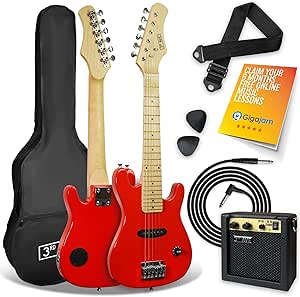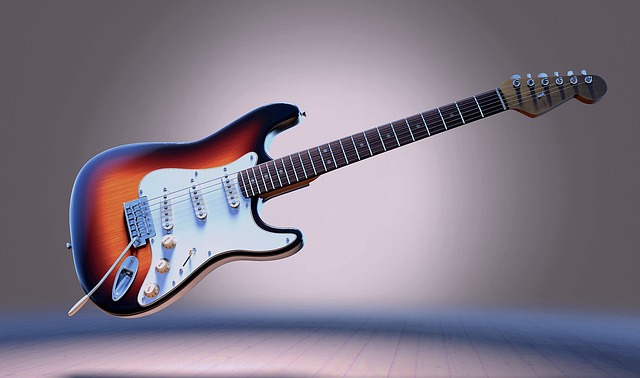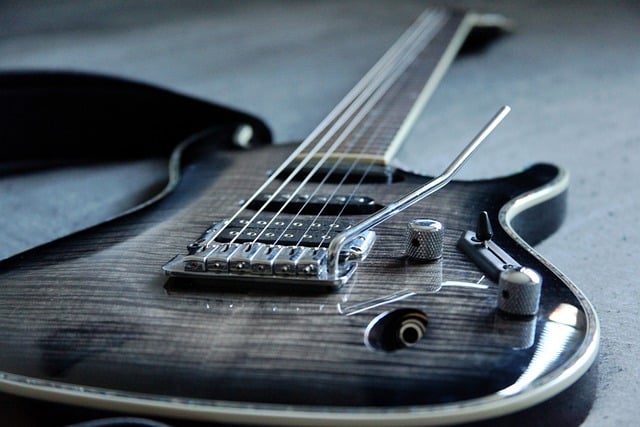Striking a Chord: Your Electric Guitar Buying Guide
Choosing the perfect electric guitar is a significant step in your musical journey. With so many options available, it can be overwhelming. This electric guitar buying guide is here to help you make an informed decision, ensuring that the guitar you choose matches your style and preferences perfectly.

1. Determine Your Budget
The first step in your electric guitar journey is to establish your budget. Electric guitars come in a wide price range, from affordable beginner models to high-end professional instruments. Knowing your budget will narrow down your options and help you make the best choice for your wallet.
2. Identify Your Playing Style
Electric guitars come in various styles, each tailored to different music genres. Are you into classic rock, heavy metal, jazz, or blues? Your playing style will dictate the type of guitar that suits you best, whether it’s a Stratocaster, Les Paul, Telecaster, or something else.
3. Choose the Right Pickups
The type of pickups on your electric guitar significantly impacts your sound. Single-coil pickups offer a bright, clean sound, while humbuckers deliver a warmer, thicker tone. Consider your preferred music genre and the sound you want to achieve when choosing your pickups.
4. Assess the Neck and Fretboard
The neck and fretboard shape and material are crucial for comfort and playability. Guitar necks come in various profiles, like C-shaped, U-shaped, and V-shaped. Try out different necks to find the one that feels most comfortable in your hands.
5. Test Different Guitars
Before making a purchase, visit music stores and try out different electric guitars. Pay attention to how they feel, how they sound, and how comfortable they are to play. Don’t rush this step; finding the right guitar can take time.
6. Consider Hardware and Features
Take note of the hardware and features that come with the guitar. This includes the type of bridge, tuning machines, and any additional features like coil splitting or built-in effects. These elements can affect your guitar’s functionality and sound.
7. Read Reviews and Get Recommendations
Researching online reviews and seeking recommendations from experienced guitarists can provide valuable insights into specific guitar models. The experiences of others can help you make an informed decision.
8. Check for Quality and Condition
If you’re considering a used guitar, carefully inspect its condition. Look for any signs of wear and tear, and ensure that all components, including the electronics, are in good working order.
9. Consider Future Upgrades
Think about how your guitar might evolve as you progress. Are you planning to upgrade components or modify it in the future? Consider whether the guitar is suitable for these potential changes.
10. Trust Your Instincts
Finally, trust your instincts. If a guitar feels right, sounds great, and sparks your enthusiasm, it’s likely the perfect choice for you.
By following this electric guitar buying guide, you’ll be better equipped to choose the electric guitar that matches your playing style, budget, and musical aspirations. Whether you’re a beginner or an experienced player, your electric guitar should be an extension of your musical personality, and with the right choice, it can inspire your playing for years to come.





